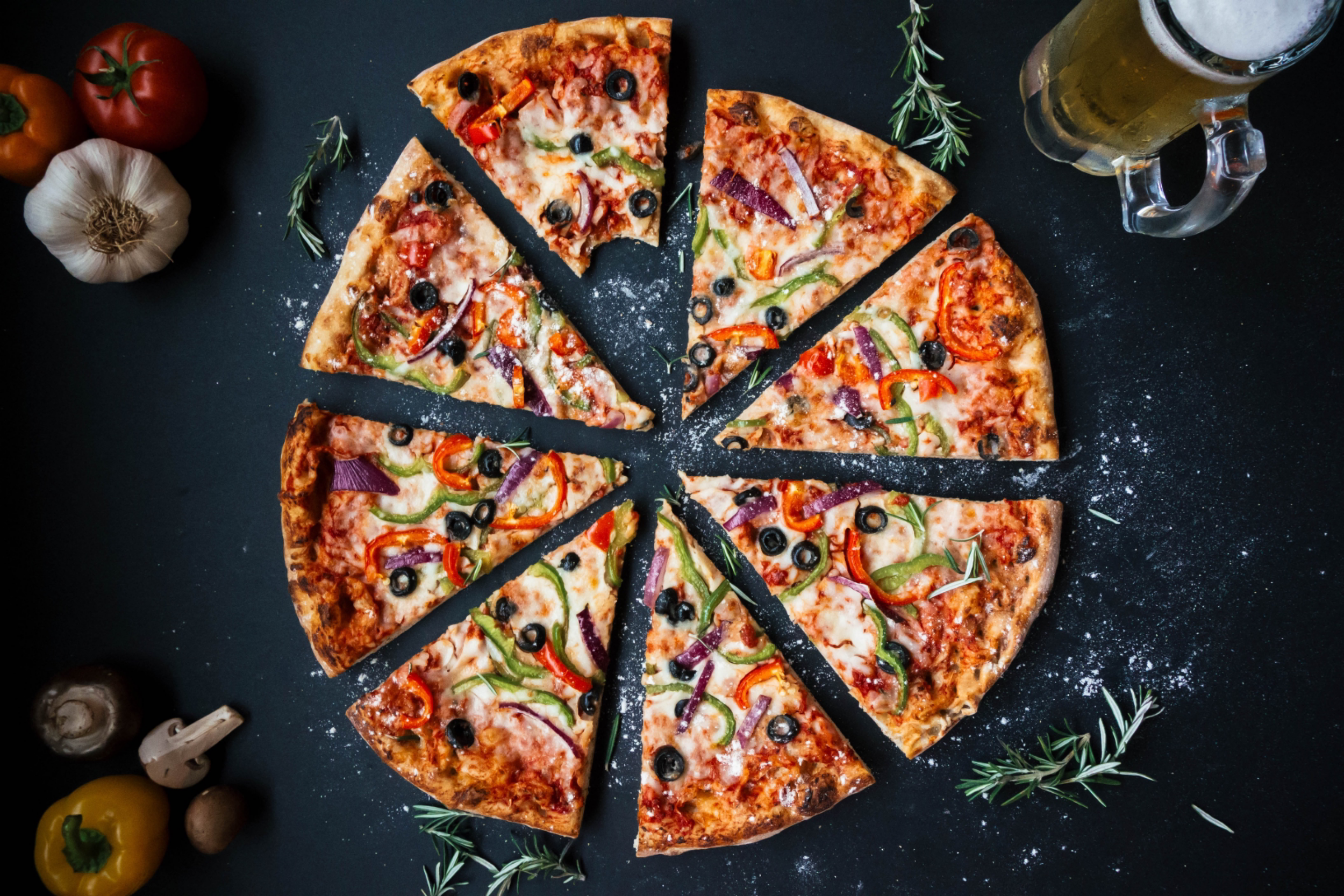All About Carbs
Are Carbohydrates Bad? The Answer May Surprise You!
There’s a lot of conflicting information about carbohydrates. Depending on who you ask, you may hear they are God’s gift to humanity or that they are the worst thing you could do to yourself. There are low-fat diets that include lots of carbohydrates, like the grapefruit diet, as well as diets like Atkins or Keto that banish carbs to the hinterlands. As with most things, the truth lies somewhere in the middle. Finding balance with the right amount of carbohydrates for your lifestyle is one of the best things you can do for yourself, and you deserve the best!
Active people process and use carbohydrates better than sedentary people, which can decrease risk of diabetes and other medical conditions that are typically associated with carb misuse in the body and a sedentary lifestyle.
Disclosure: Some links on this blog contain affiliates. When you buy through one of our links we will receive a commission. This is at no cost to you. Thank you for supporting us and allowing us to continue to bring you valuable content.
What if I told you pizza could be part of a healthy diet? Because it can! It’s all about quantity, frequency and tuning in to your body’s cues.
Carbohydrates are the body’s preferred energy source. This means that it’s easier for the body to use carbs for energy than fat or protein. Sure, we can live without them, but does anyone really want to? The way our body is set up means that we need some carbs in our lives (good news, bread lovers!).
Technically speaking, there are two types of carbs – simple carbohydrates and complex carbohydrates. The difference is in how quickly they break down in the body.
Simple Carbohydrates
Simple carbs break down quickly in the body and can be used as fuel almost immediately. Sugar is a simple carb, whether it is processed or natural. This includes sweeteners like sugar, honey, maple syrup, agave, and other syrups.
Because sugars are the quickest source of energy, this explains why craving sugars is so common when people have low blood sugar. The body recognizes a problem and tells us the quickest solution to it. The only problem is that after blood sugar comes up from eating simple carbs, it crashes again, which can lead to a cycle of crashes and cravings. The World Health Organization recommends no more than 25 grams of added sugars per day, so you’ll want to be sparing about using these.
Sugars aren’t the only simple carbs. Refined carbohydrates are simple carbs, too. They break down quickly in the body and have typically been processed in some way, like potato chips, refined flours, white bread, rice cakes or processed snack foods. Because these carbs act like sugar in the body, it’s important to be choosy about when, how, and how often to have refined carbs.
Added Sugars
Keeping track of added sugars makes it relatively simple. The World Health Organization recommends 25 grams or less of added sugars per day for optimal health. Be aware that added sugars can add up fast. They are often added to marinades, dressings, sauces and other foods, but checking labels can let you make selections that won’t leave you with a high number of added sugars in your diet.
Following the 25 or less grams of added sugar guideline allows people to be flexible, but also not go overboard with treats.
Complex Carbohydrates
Complex carbs break down slowly in our body. Think of it like timed-release energy from carbohydrates. Most of your carb intake should be from complex carbs. Complex carbohydrates include higher-fiber foods like potatoes & sweet potatoes, whole grains, fruit, and beans.
For most people, 130 grams of carbohydrates per day is a good baseline. Some people will need more or less, depending on size, age, medical conditions, etc. for most people, it looks like 1-2 cupped handfuls of carbs at each meal.
Which type of Carbs is Better?
Both types are carbs are necessary in a healthy diet, so it’s less about which is better and more about understanding how they work.
Both types of carbs exist in healthy foods and can also exist in ultra-processed foods. Simple carbs are digested more slowly when consumed with fiber, protein or fat. This can prevent blood sugar from rapidly spiking, making it more like how complex carbs work. So, let’s say there’s a tasty-looking treat that you really want. It has about 12 grams of sugar and is made with white flour, so basically it’s 100% simple carbs. But you want it, and you have room for it in your daily calories (and in your belly lol). If you have a protein shake in addition to that pastry, it slows down how rapidly it spikes blood sugar, which keeps your energy level. You’re able to stay alert and energetic for the rest of your day
A simple food planner like the one that I give to clients can make it easy to have the right kind of carbs at the right times for your body.
The Best Time for Carbs
The body is most receptive to carbohydrates after strenuous activity because the supply of quick energy from carbs has been depleted. Have you ever noticed at the end of a workout that you ‘re feeling a little weak or shaky? That’s because stored energy has been depleted during the workout and your body is asking for more. After a workout, feel free to have a larger carb portion to help the body replenish its energy stores.
Be sure to keep healthy sources of carbs handy, so this is a chance to revisit your strategies around planning, shopping, and prepping. A few options are to roast potatoes ahead of time, cook rice ahead, keep canned beans in the pantry, or find minimally processed bread.
Use a simple meal planning calendar like the one pictured here to plan your meals out. It just takes a few minutes once you get used to doing it!
I hope this gives you a good idea about how to be smart about carbs. Be sure to give yourself room to learn and grow. This is a process, and it takes time. If you find yourself struggling, consult with a coach.


